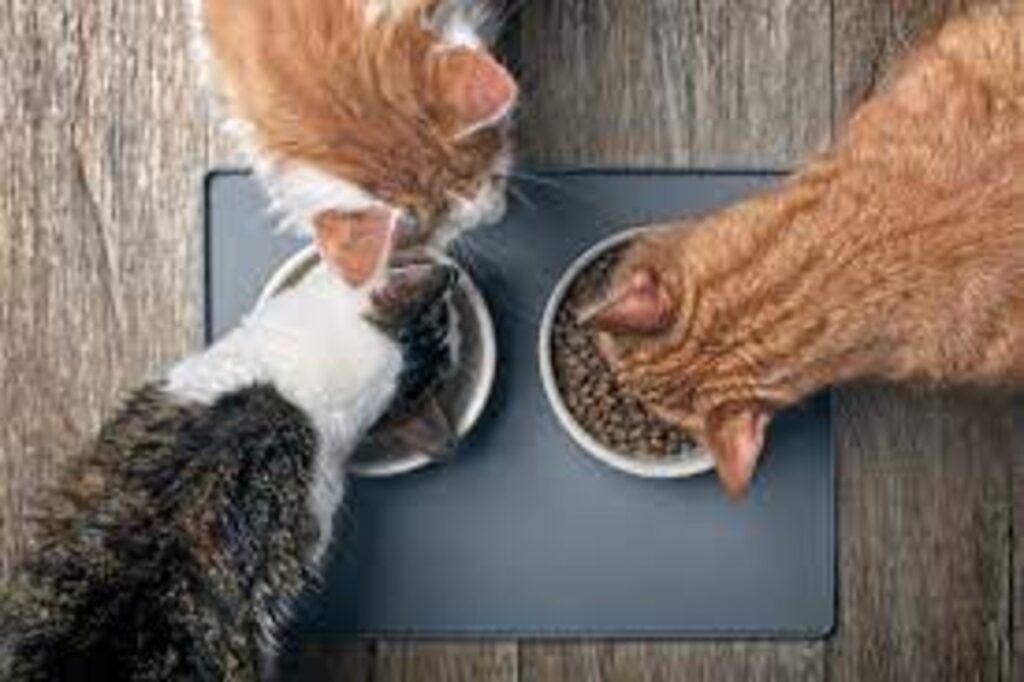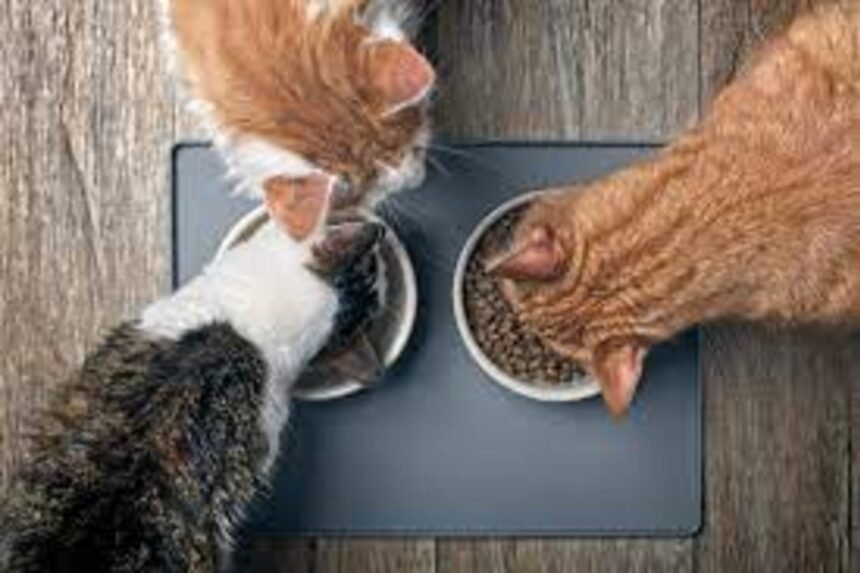Introduction:
Our pets are not just animals; they are cherished members of our families. As responsible pet owners, it’s our duty to ensure that our furry companions receive the best care possible, and a vital aspect of this care is providing them with a balanced and nutritious diet. Just like humans, pets require a variety of essential nutrients to thrive and lead healthy lives. In this feature article, we’ll explore the must-have nutrients in your pet’s diet and why they are crucial for their overall well-being.

Protein:
Protein is the cornerstone of any pet’s diet. It plays a vital role in maintaining muscle mass, supporting growth in younger pets, and repairing tissues. Different animals require varying levels of protein, so it’s essential to consult your veterinarian or refer to pet food labels to ensure you meet your pet’s specific needs. High-quality sources of protein include meat, fish, poultry, and legumes for vegetarian options.
Carbohydrates:
Carbohydrates provide a source of energy for your pets. While dogs can digest carbohydrates efficiently, cats, as obligate carnivores, have lower carbohydrate requirements. When choosing pet food, look for complex carbohydrates like brown rice, oats, and sweet potatoes. These ingredients supply sustained energy and support healthy digestion.
Fats:
Fats are a concentrated source of energy and are crucial for the absorption of fat-soluble vitamins. They also contribute to the palatability of pet food. Ensure your pet’s diet includes healthy fats like those found in fish oil, flaxseed, and chicken fat. Avoid excessive fat intake, as it can lead to obesity, a common health issue in pets.
Vitamins:
Vitamins are essential for various bodily functions, including immune system support, vision, and bone health. Common vitamins in pet diets include Vitamin A, Vitamin D, and Vitamin E. These can be found in many commercial pet foods, but it’s wise to consult your veterinarian if you’re concerned about your pet’s vitamin intake.
Minerals:
Minerals like calcium, phosphorus, and potassium are essential for maintaining healthy bones, teeth, and overall body function. Balanced commercial pet foods typically contain appropriate mineral levels. However, if you’re preparing homemade meals for your pet, it’s essential to consult with a veterinarian to ensure they’re receiving the right balance.
Water:
Water is arguably the most critical nutrient for pets. It regulates body temperature, aids digestion, and is vital for overall health. Ensure your pet has access to fresh, clean water at all times, and monitor their intake, especially in hot weather.
Fiber:
Fiber is essential for digestive health. It helps prevent constipation and diarrhea and can aid in weight management. Fiber is often found in grains, fruits, and vegetables, making it an essential component of your pet’s diet.
Conclusion:
Providing your pet with a diet rich in these essential nutrients is crucial for their health and well-being. Remember that each pet is unique, and their nutritional requirements may vary based on their age, breed, and activity level. Consult your veterinarian to create a customized diet plan that meets your pet’s specific needs. With the right nutrients, you can ensure your furry friend enjoys a long, healthy, and happy life by your side.




